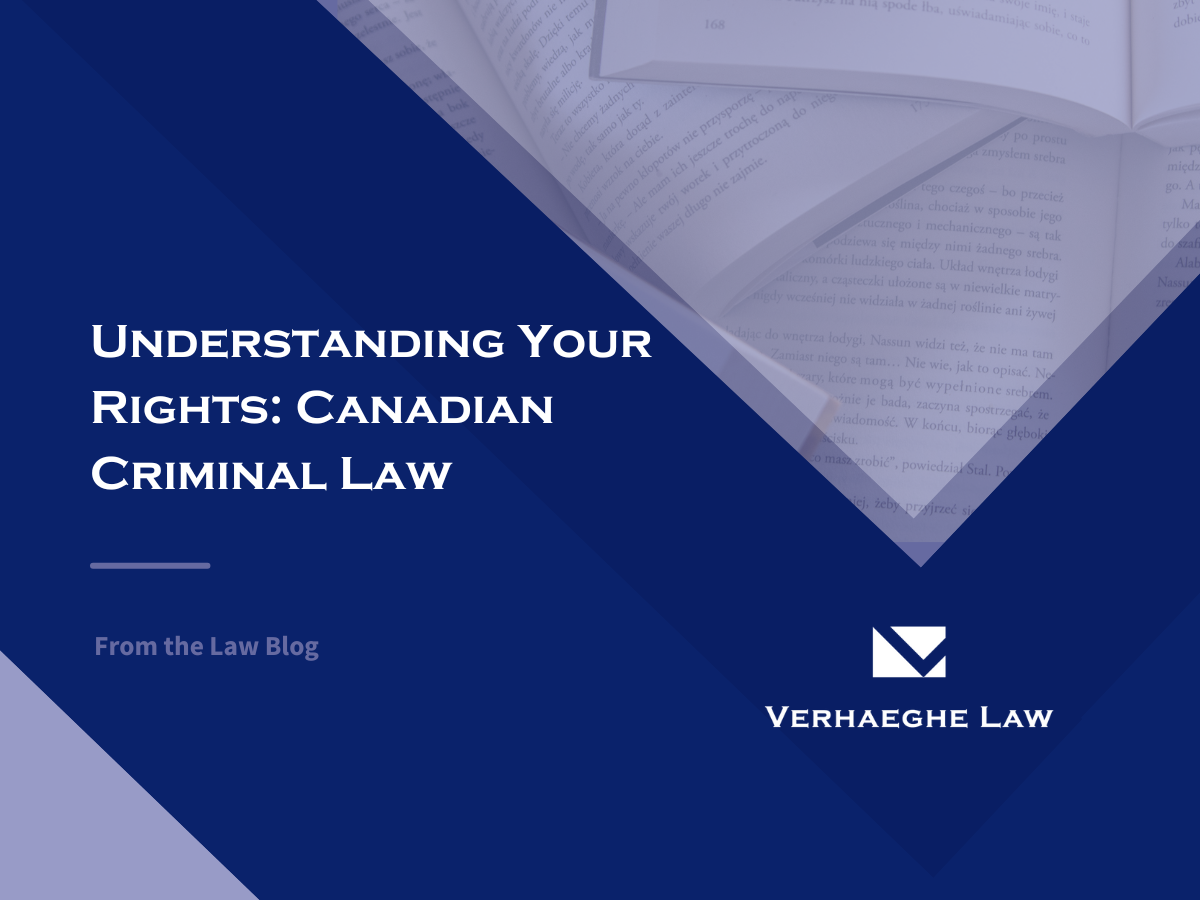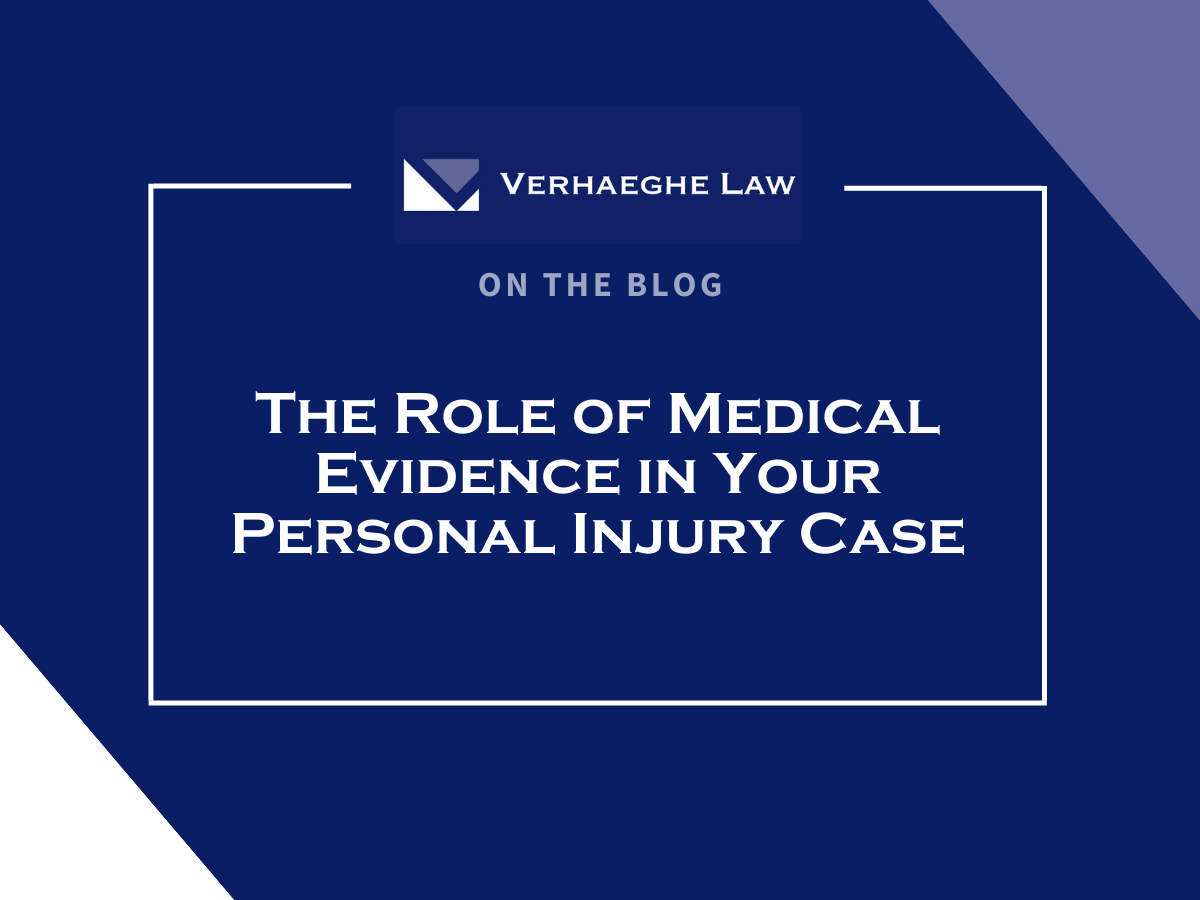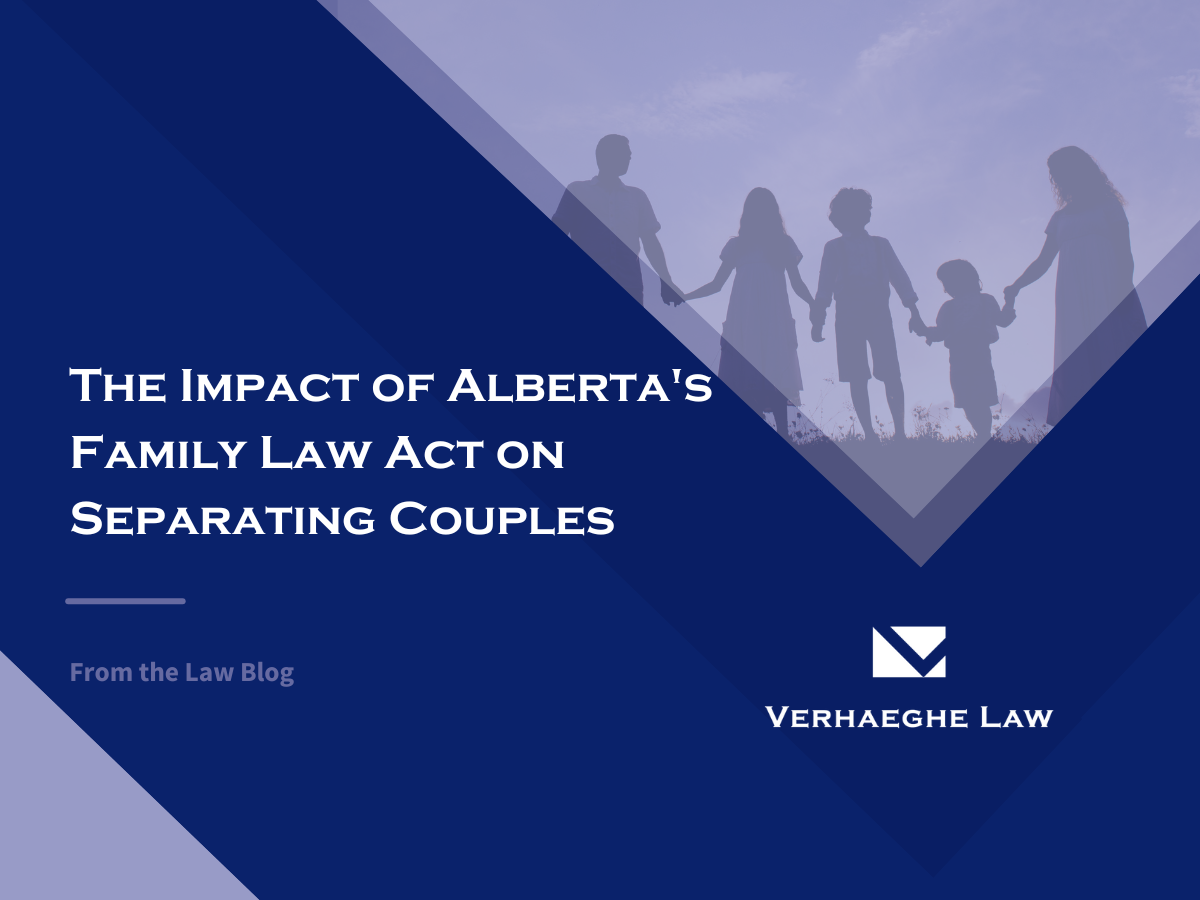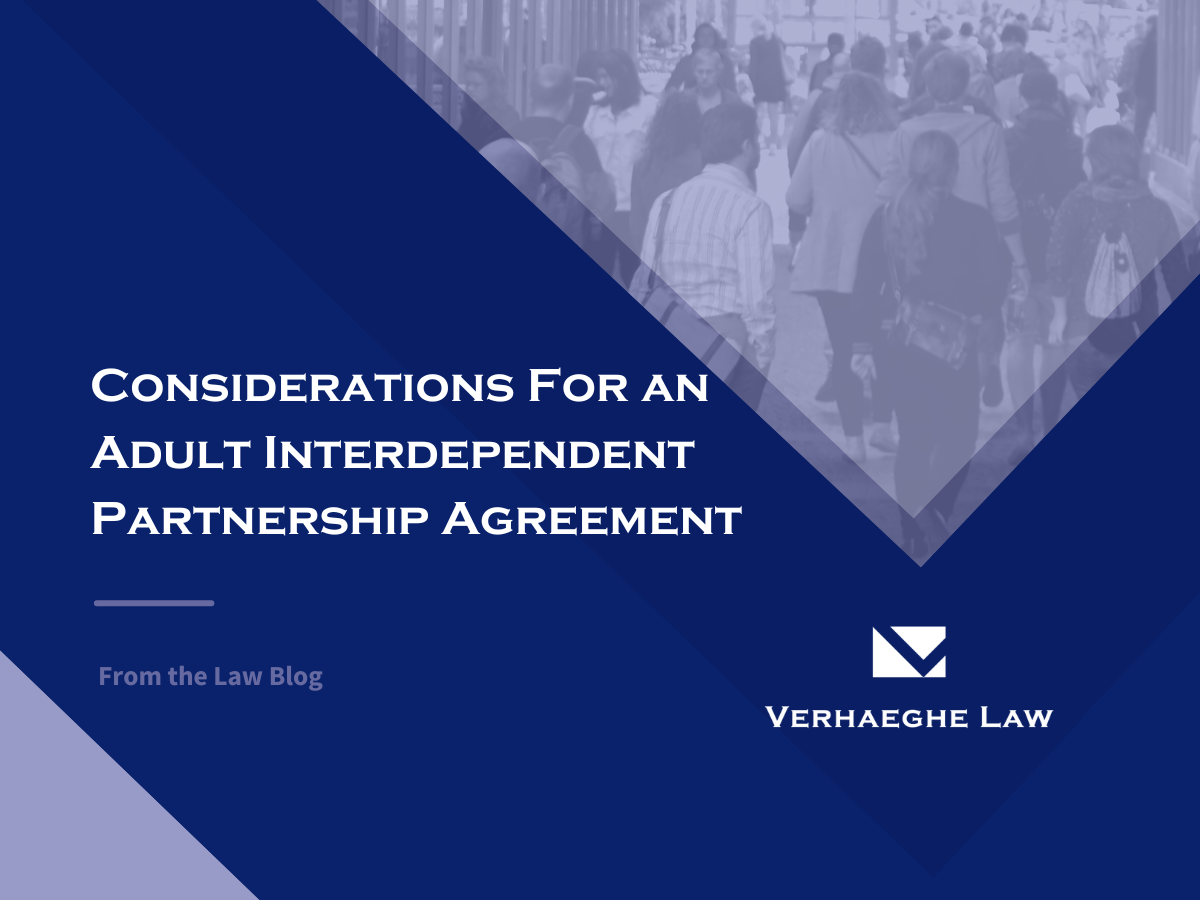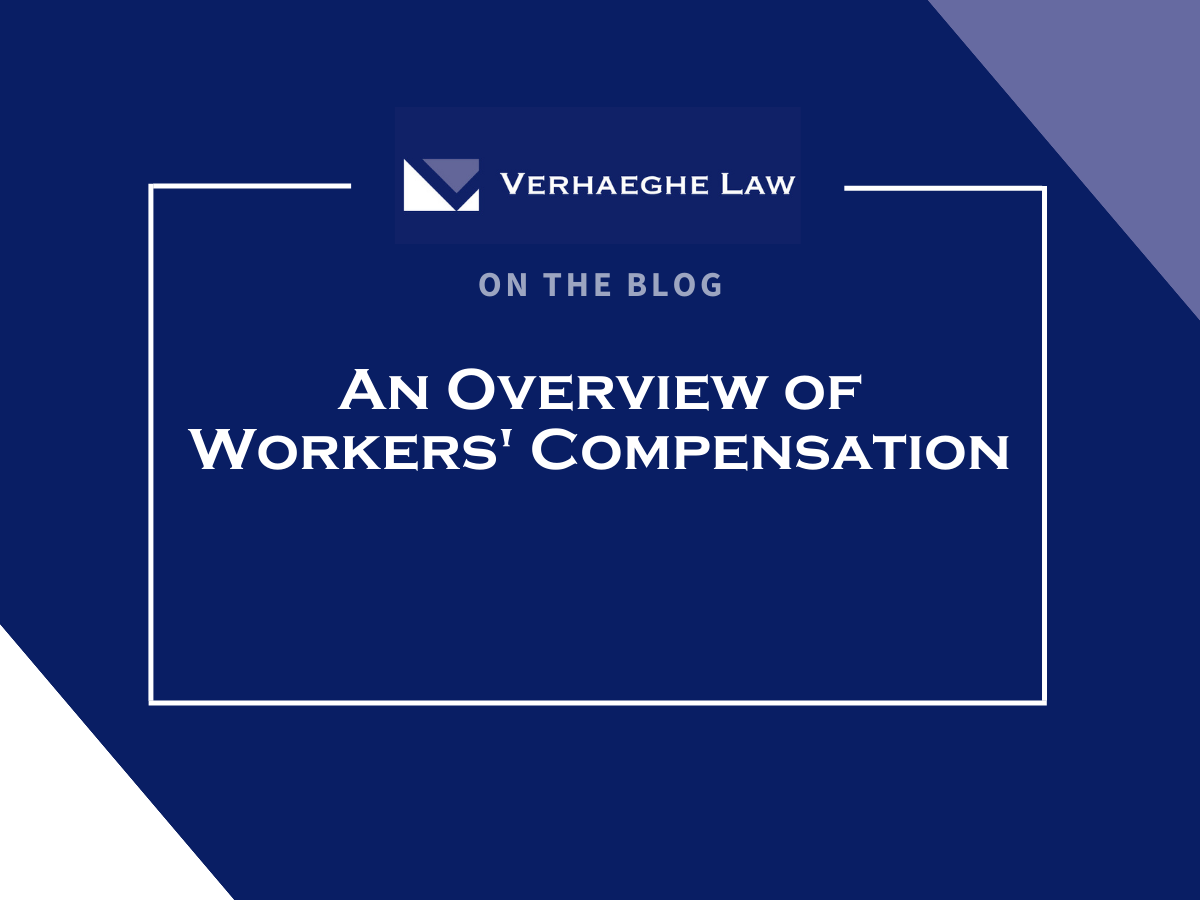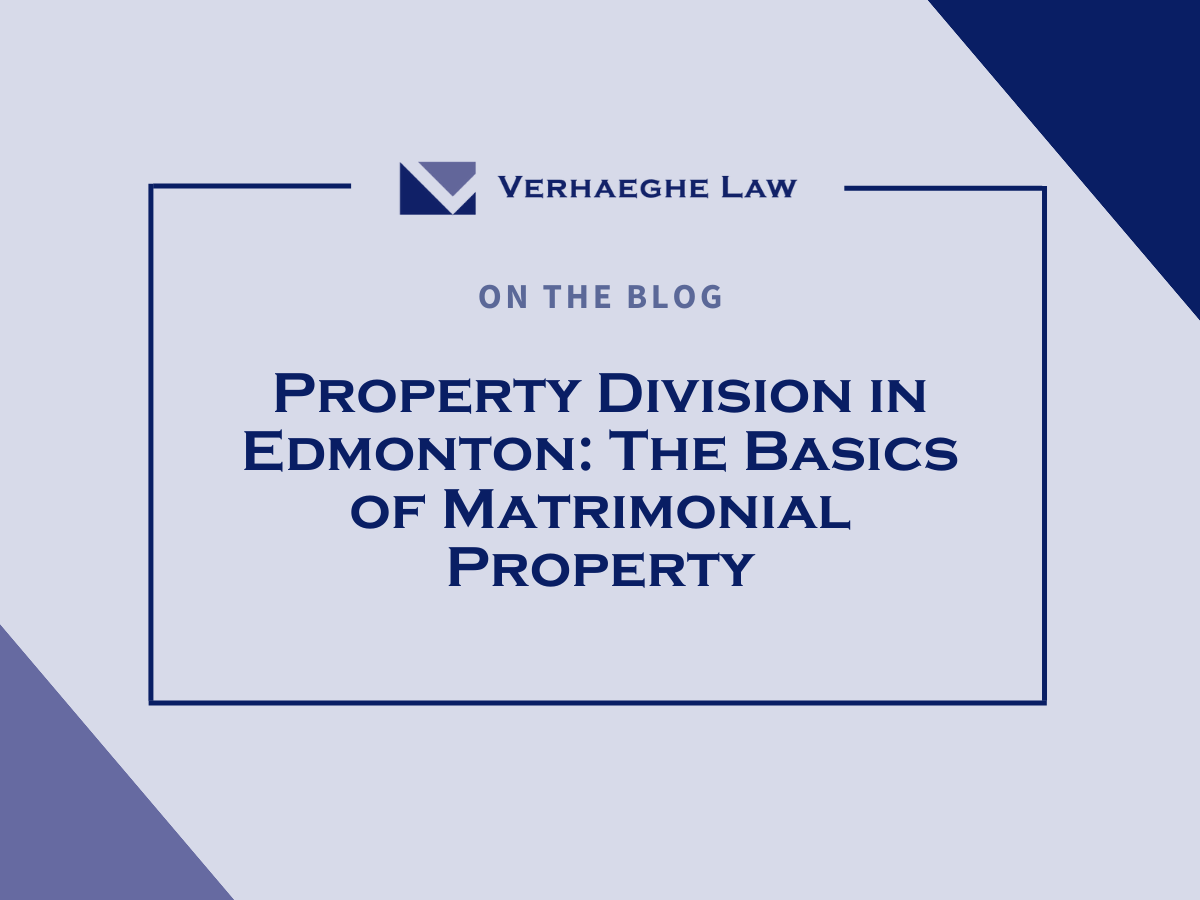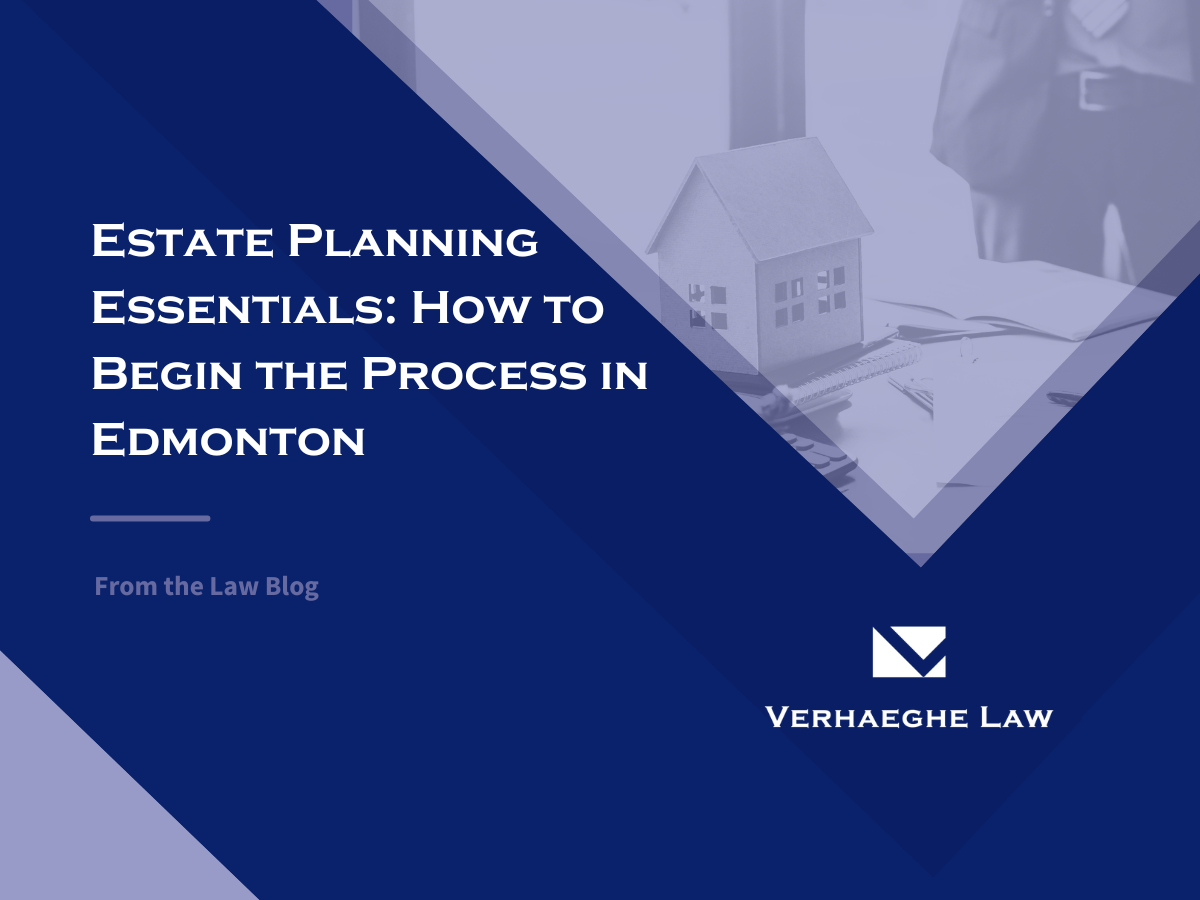Common Pitfalls to Avoid During Family Law Proceedings
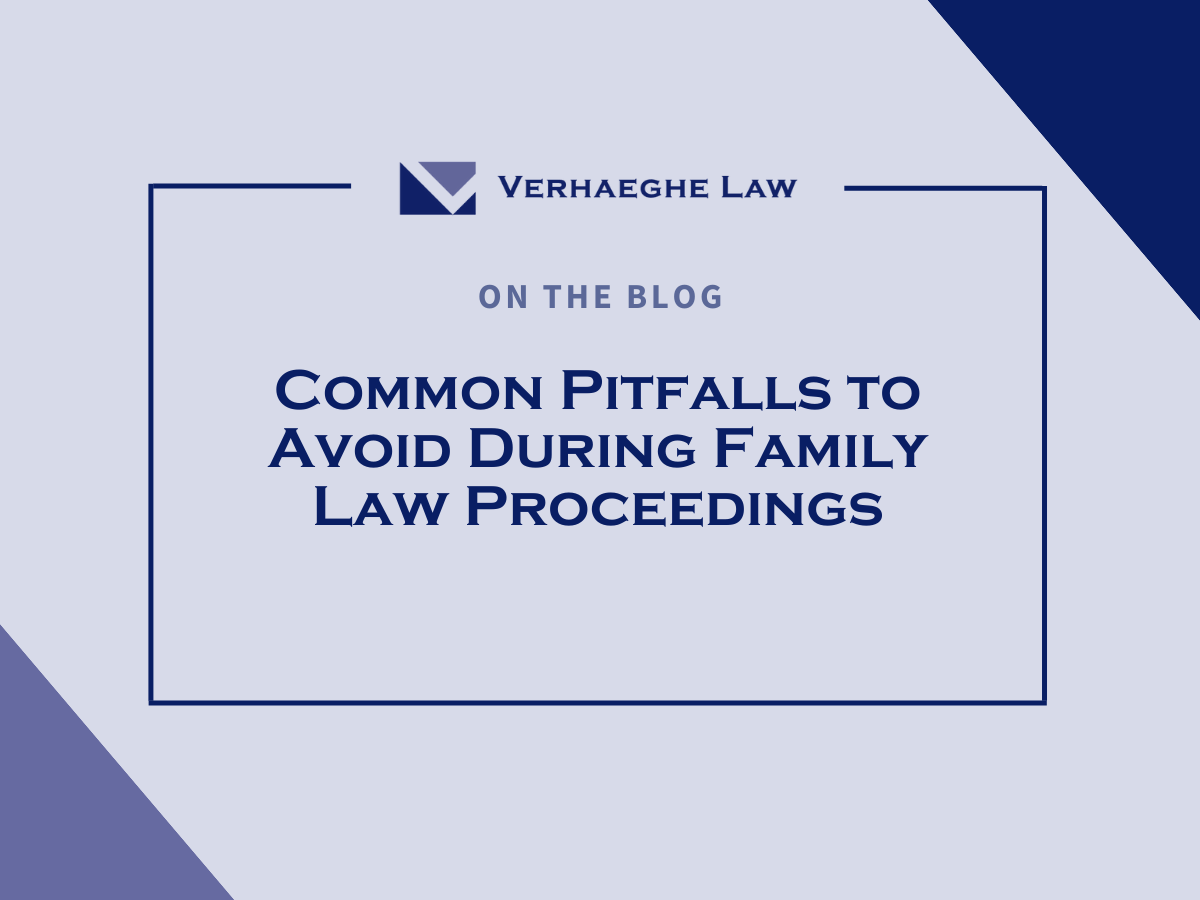
Working through a family law matter can be challenging and emotional. It may be beneficial to familiarize yourself with the errors that commonly occur when one undergoes family law legal proceedings.
At Verhaeghe Law Office, our Edmonton family lawyers are aware of these pitfalls and work with you to avoid them. We offer a personalized, unique approach to each client and can assist with a wide range of family law matters. Contact us today to discuss your situation.
Getting Advice Too Late
Perhaps one of the most commonly made errors is to not seek legal counsel as soon as possible. Sometimes people undergo a family law legal matter without a lawyer at all, which may cause them problems down the road. Or, they do not adhere to their lawyer’s advice.
Knowledge is power - to ensure that the decisions you make have your family’s best interests at heart and are aligned with your legal rights and obligations, you may want to retain a family lawyer early on in your process. Lawyers can help you navigate all types of legal complexities, from procuring and adhering to document agreements, to meeting court deadlines, and beyond.
Forgetting to Consider Costs
Many family law matters, especially divorce and separation, often result in significant financial implications. You may prepare yourself for this by fully assessing your financial situation. Consider all potential outcomes and how they might impact your financial standing, such as paying spousal support, tax consequences, and the division of assets.
At Verhaeghe Law, we consult with financial professionals and take the time to thoroughly weigh the costs and benefits of financial decisions. A family lawyer may be able to help with this process and protect your interests.
Separating Emotions from the Legal Process
It may be difficult to separate your emotions from a legal process that is quite literally about a personal situation. Even though family law matters may evoke strong emotions, you may want to avoid making decisions solely based on your emotions. This could lead to less favourable outcomes.
Instead, it may be helpful to stay level-headed like we mentioned in our earlier blog post on tips to reduce stress when undergoing a divorce and keep personal emotions separate from legal and financial happenings. If children are involved, you may want to prioritize their interests and wellbeing and steer them away from negative situations.
Not Being Realistic and Flexible
Sometimes, people enter a family law proceeding with unrealistic expectations. Instead, you may want to acknowledge what is likely to happen and let go of your presumptions. To help you do so, you may want to familiarize yourself with what is expected of you throughout the legal process like our earlier blog post on how to prepare for your first consultation with a divorce lawyer. Know your rights, accept legal advice, and be flexible and ready for change.
Contact our Edmonton Family Lawyers Today
Family law matters can be life-altering and because of this, they are filled with legal intricacies. By familiarizing yourself with some of the most common mistakes that are made when undergoing a family law procedure, you may be able to avoid them.
In any case, our Edmonton family lawyers at Verhaeghe Law Office may be able to assist you with matters such as divorce, separation, child custody, adoption, guardianship, and more. To speak to a family lawyer about your next steps and what you can do to help yourself, contact us today.
** Please note, this article is intended as a general overview on the subject of family law, and is not intended to be legal advice. If you are seeking legal advice, please consult with an Alberta family lawyer.

